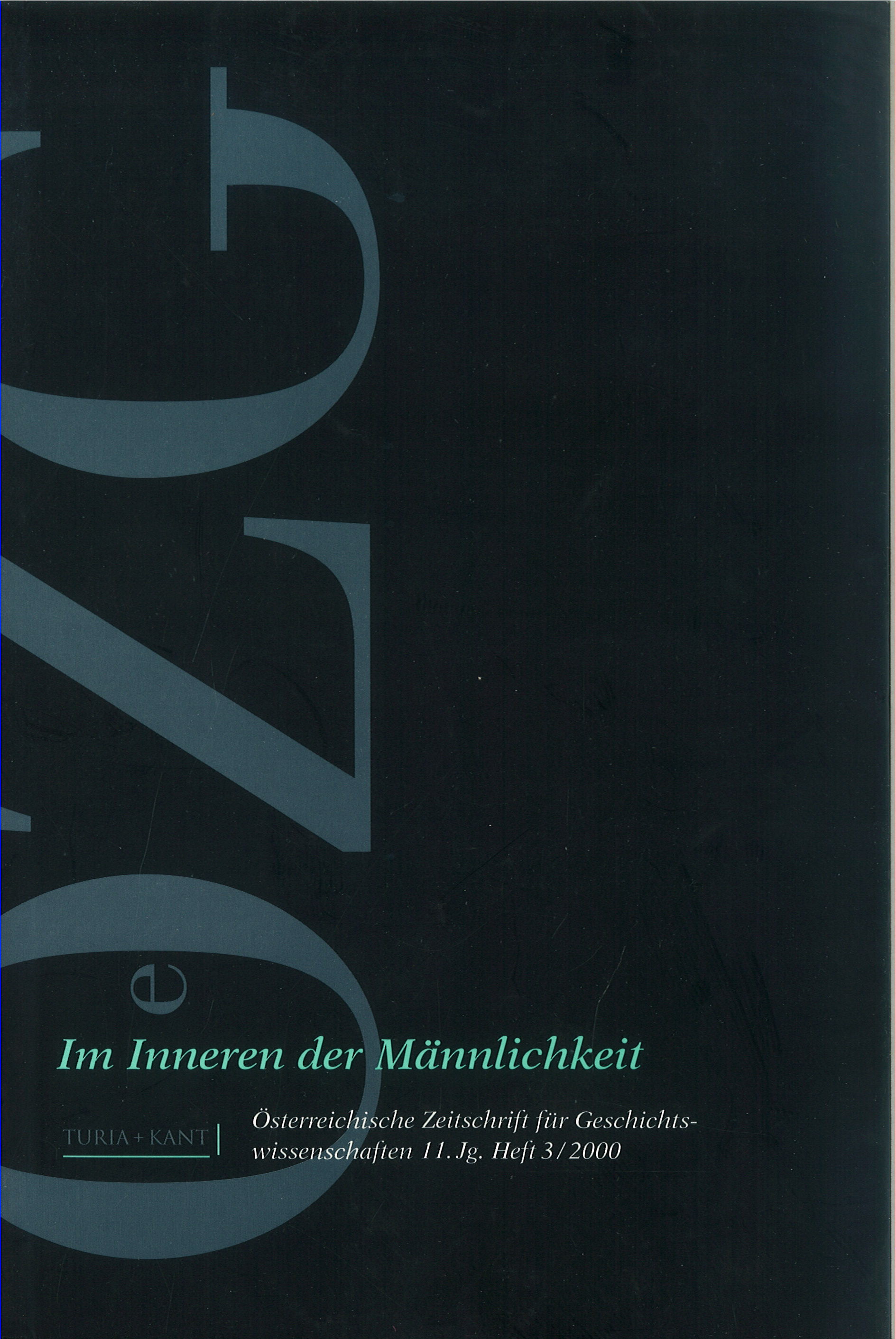Ehre und Männlichkeit im kolonialen Spanisch-Amerika
DOI:
https://doi.org/10.25365/oezg-2000-11-3-2Abstract
Guilds, cofradias and other formal and informal institutions that played a central role in the lives of manual workers in pre industrial societies have long been studied as economic and social arenas. These structures were also crucibles within which masculine identity was forged and the rough values of everyday masculine culture were enforced. Young men entered apprenticeships or more directly entered employment in less skilled occupations in their teens. Their work environments, housing and social lives were controlled by older men who enforced the behaviors and attitudes of dominant masculine culture while passing on skills. Central to this masculine value system was a heightened sensitivity to shame and insult. The essay examines plebeian understandings of masculinity in late colonial Buenos Aires. Between 1780 and 1810 the workforce of this fast growing commercial center was transformed by European immigration and the African slave trade. Ethnic diversity challenged Spanish colonial presumptions about hierarchy while a housing shortage and fluid employment patterns created a plebeian environment of casual relationships that generated provocation to violence.


